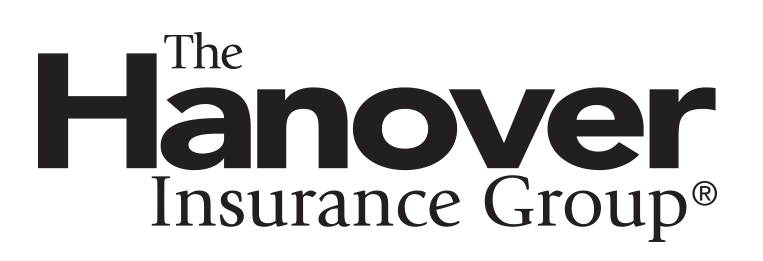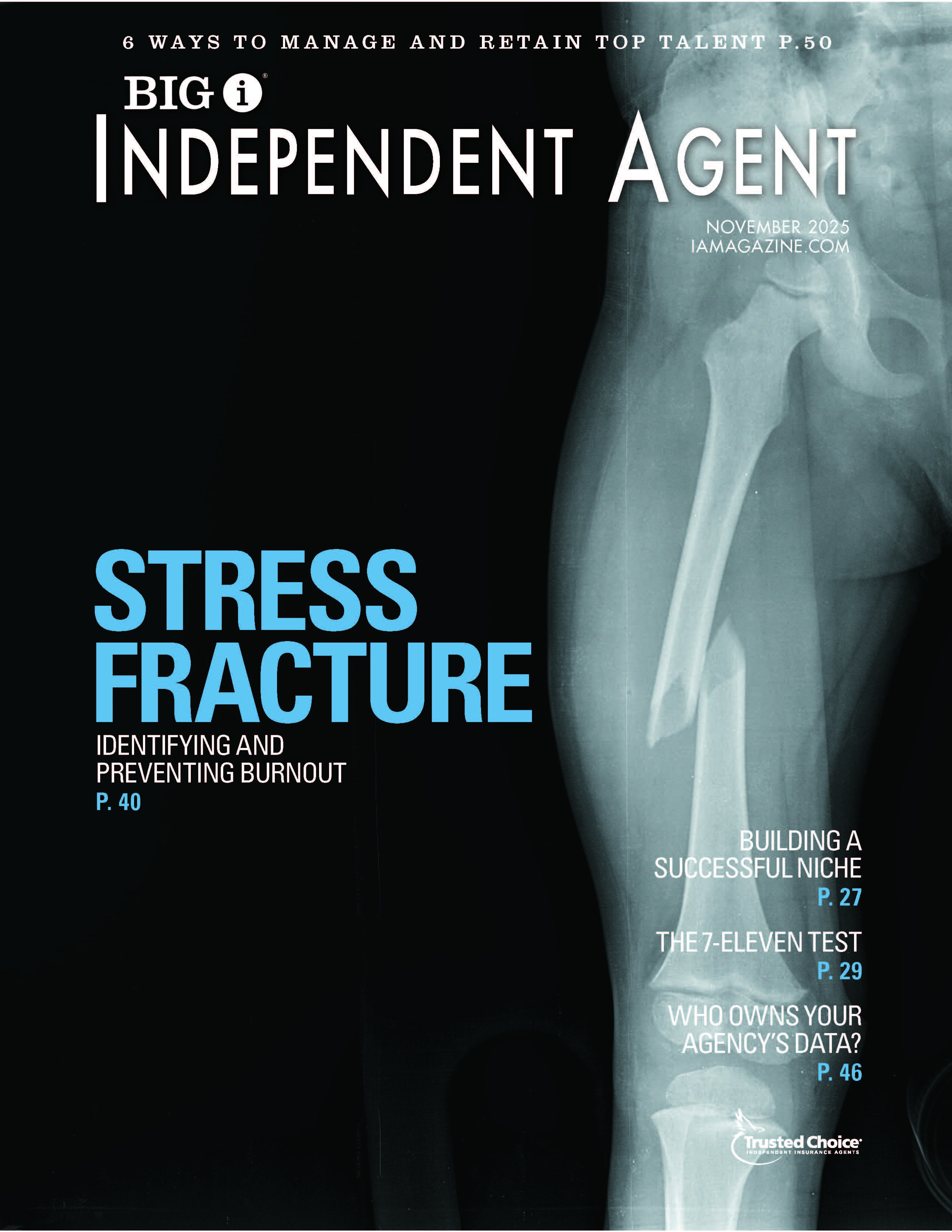Simplifying Complex Property-Casualty Placements

All businesses face risk. But some businesses face higher-hazard risks due to the nature of their operations—for example, a manufacturer that blends chemicals, a distributor of fitness equipment, or an auto and truck parts wholesaler. For businesses with higher risk profiles, the setting they work in, the materials they work with, and the products they produce create a greater likelihood that a large loss could occur.
It’s this heightened risk that can make it challenging for independent agents and brokers to obtain insurance coverage for these types of businesses—a challenge that is only exacerbated by today’s hard market. Faced with limited coverage options and limited time to spend on these complex accounts, agents and brokers have increasingly turned to surplus lines carriers.
The good news for independent agents and brokers is attentive commercial lines insurance companies recognize the placement challenges and have responded by developing a robust set of admitted and non-admitted property-casualty solutions designed specifically for these more challenging risks.
Operating in an Unprecedented Market
While independent agents and brokers face capacity constraints and premium increases in every hard market, there are unique factors that make this cycle particularly challenging.
From a property standpoint, inflation continues to drive increases in replacement values. Construction materials and labor costs have become drastically more expensive. Increased demand for labor and building materials, combined with supply chain pressures, have contributed to longer recovery times after a property loss. From a liability standpoint, the costs of bodily injury claims are rising rapidly. The industry has seen an increase in high-dollar settlements and exceptionally high jury awards that go beyond what historically was considered a reasonable amount.
These factors have led to disruption and higher rates across the board, regardless of risk complexity and volatility. While agents and brokers usually expect to allocate more time to servicing and marketing accounts with a higher potential for loss, they now find themselves spending a disproportionate amount of time working on their Main Street accounts with low complexity exposures, as well. This is all happening amid a dynamic labor market where agencies and brokerages are coping with unprecedented staffing challenges due to early retirements and a skilled talent gap.
As a result, agents and brokers are increasingly turning to excess & surplus carriers for placement, often splitting accounts across insurance companies when only one line requires more specialized protection. With multiple insurance company contacts, risk management programs and bills, this creates inefficiencies for both the agent or broker and the customer.
The Right Partner
This is where the right partner can help—particularly now, when agents and brokers are busier than ever. Insurance companies with the right mix of admitted and non-admitted products, backed by dedicated underwriting teams, risk management capabilities, and complex p-c claims expertise, can help agents and brokers efficiently obtain coverage with capabilities that span the coverage continuum.
Here are four things to consider in a partner:
1) Appetite alignment. With the increased volatility in the marketplace, agents and brokers need insurance companies that offer a range of specialized products designed for businesses with tough exposures. When a company’s surplus lines appetite is an extension of its standard lines appetite, agents can more easily procure seamless coverage from a single source.
To meet this need, commercial lines insurance companies like The Hanover Insurance Group are building new solutions and continually expanding their capabilities. For example, The Hanover Insurance Group offers a suite of complex p-c solutions specifically designed for complex risks, including the company’s industrial property offering and its new specialty general liability solution.
2) A diversified and balanced portfolio. Agents and brokers want to know they can expect consistent support from carrier partners year over year, and that stability is particularly important in a hard market. Insurance companies with broad, well-diversified appetites across a variety of exposures and classes are better able to provide this consistency without having to make radical shifts in their target classes, capacity, terms and pricing, or underwriting guidelines.
3) Collaboration and coverage coordination. Agents and brokers can save valuable time by partnering with insurance companies that enable a seamless placement experience. Often, businesses may have just one or two properties or products that are higher-hazard risks. A company partner should be able to help carve these out of the traditional policy to solve the more complex needs with dedicated coverages, while appropriately addressing the standard lines risks.
4) Deep expertise. Look for insurance companies that offer dedicated complex p-c underwriters with specialized industry and line of business expertise. This level of knowledge means they can offer a deep understanding of these hard-to-place risks and the specific challenges they face.
Similarly, a company’s team of in-house risk management experts can perform in-depth product and hazard analyses, can work closely with underwriting to ensure all parties have an intimate understanding of an exposure, and can make recommendations to mitigate potential risks, helping to further position the agent or broker as a trusted adviser to their clients.
In today’s dynamic marketplace, partnering with insurance companies that understand complex risks and thoughtfully develop admitted and non-admitted solutions to address the risks head on is a win for independent agents, brokers and their clients.
To learn more about The Hanover’s complex p-c offering, please visit hanover.com.
Frank Baron is president, specialty property and casualty, at The Hanover Insurance Group Inc.











